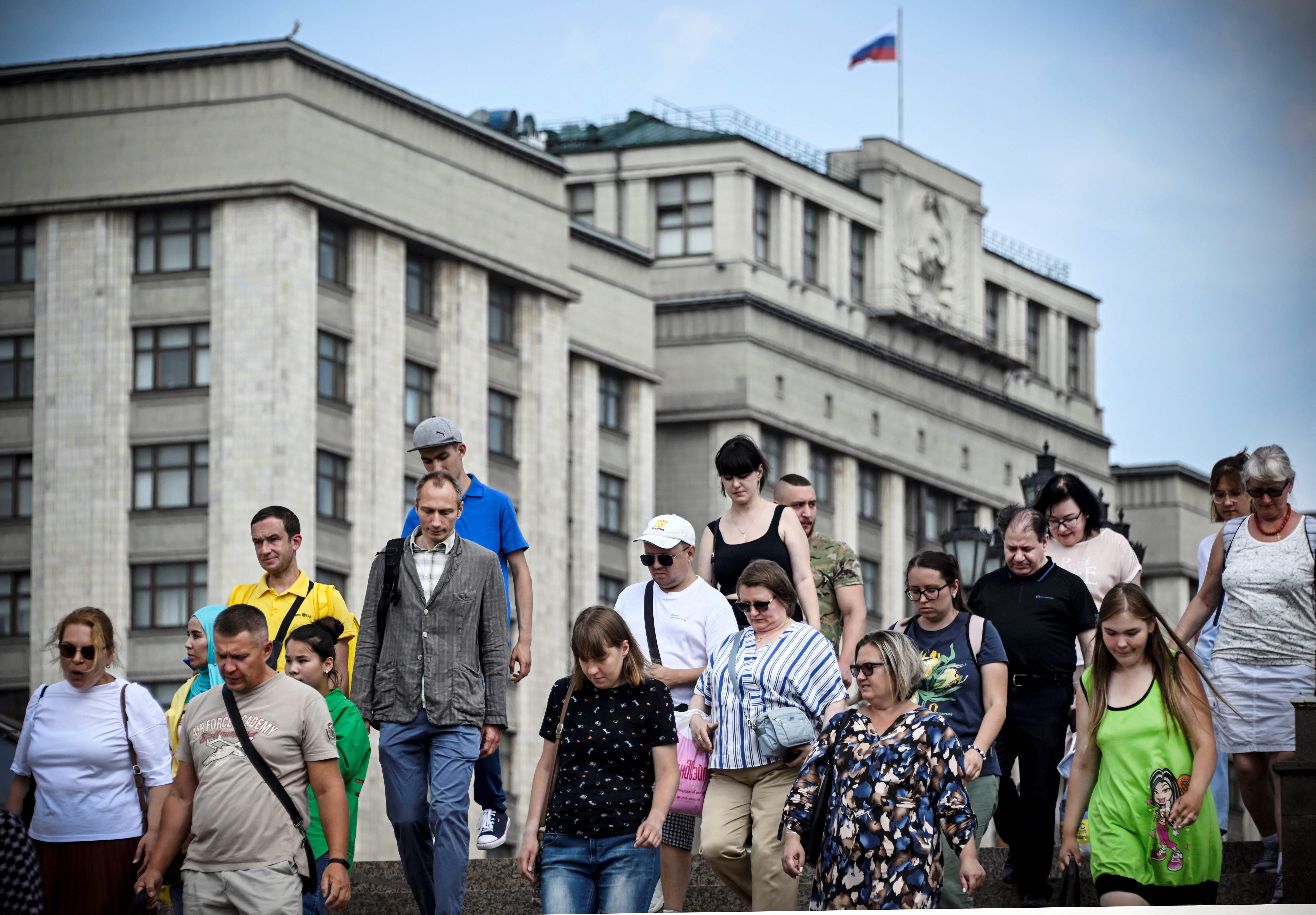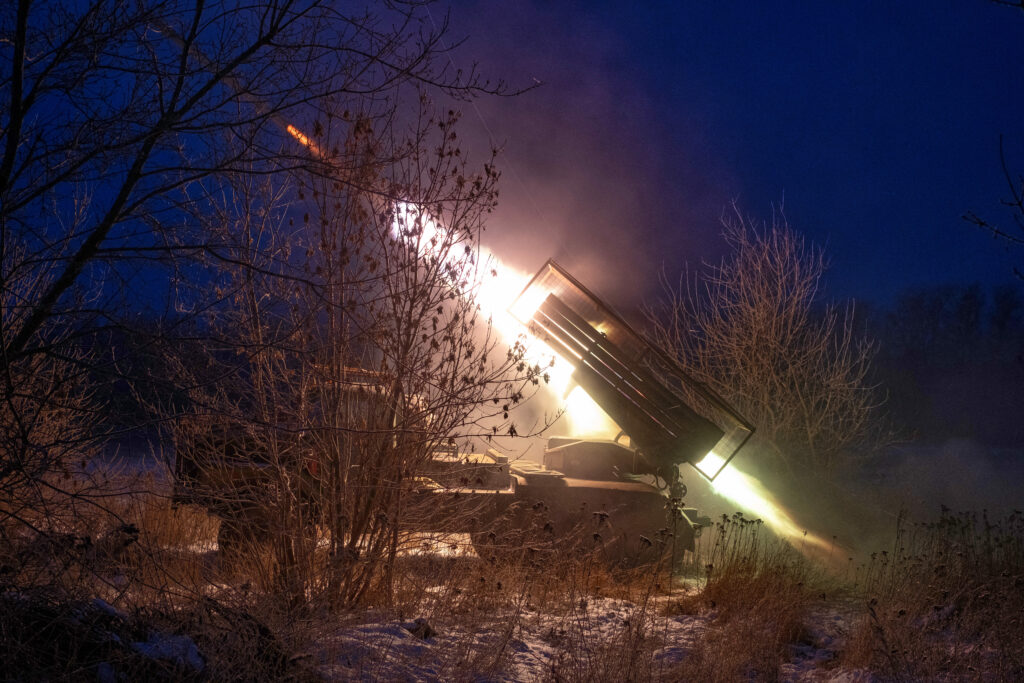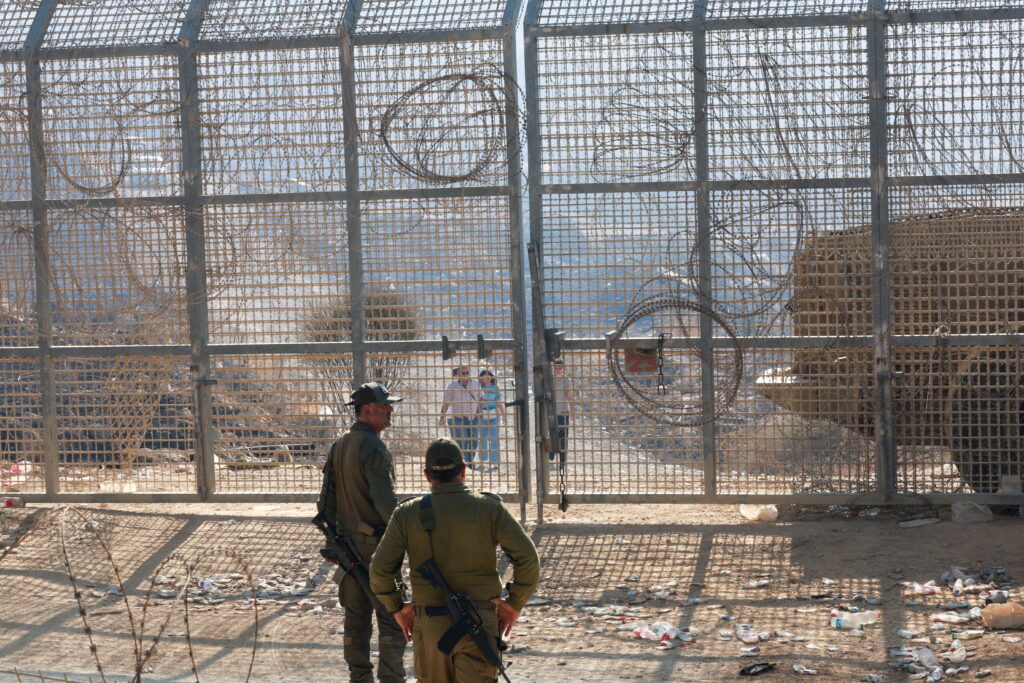A July opinion poll conducted by the Levada Centre (listed as a ‘foreign agent’ in Russia) revealed that, despite the ongoing ‘special military operation’ in Ukraine and sanctions imposed on Russia, more than two-thirds of Russians (68%) believe that ‘the country is on track’, while 22% of respondents (one-third as many) think otherwise. To compare, in February, before the invasion, these figures were 50% and 39%, respectively.
Many of our readers may be experiencing painful emotions at the moment. Unfortunately, we have to disappoint them, in that they are in the minority in Russia. This minority group is shrinking as the military actions unfold. In February, they accounted for a total of 27%, and by July this figure had fallen to 21%, while the majority, who claim to feel ‘fine’ and ‘positive’, has increased.
The underrepresented minority might be wondering whether the majority feel similar emotions. They do, somewhere deep down. However, euphoria, or at least satisfaction, which is alien to the minority, is more important to them. (Besides, it is appeasing to be ‘like everyone else’.)
We know that those who continue to experience anxiety, shame, indignation and similar feelings have spoken many bitter words about those who have ‘come to terms’ with the situation, who consider it ‘normalised’. With all due respect to their pain, we will attempt to answer their question: why, at a time that should be considered tragic, positive feelings and sentiments prevail and are spreading among the majority of Russians.
The above responses about ‘being on track’ and ‘feeling fine’ correspond with a growing number of positive replies provided by respondents to a question about the country’s economic situation. While, at the end of 2021, the year before the war, 48% of respondents evaluated Russia’s economic situation as ‘average’; 41%, as ‘bad’; and as few as 9%, as ‘good’, four months after the special operation started and all kinds of sanctions were launched, the proportion of negative answers decreased and the share of positive responses rose. The majority (57%) are now moderate in their assessment: they perceive the country’s economic situation as ‘average’. Most importantly, 40% of Russians believe that in a year life in Russia will be ‘better than now’. Fewer respondents (27%) think it will remain ‘as it is now’, and even fewer sceptics (18%) expect life to be ‘worse than now’. Russian exports are shrinking, while 55% expect ‘improvements in the economy’ in a year. Despite the negative attitude of many countries to Russian policy, 47% are convinced that Russia will see ‘some improvement in political life’ in a year, while another 13% believe in ‘significant improvement’. (Among both groups, an overwhelming majority approve of Putin’s adventurism.)
One cannot assume that these people hold such views because they know nothing about what is going on in Ukraine. Fifty-six per cent of respondents claim that they are following the situation in Ukraine ‘closely’. Eighty-one per cent of respondents are ‘concerned about the current events there (in Ukraine)’. Nor can the optimism of the majority be linked to expectations that the special operation will end soon. Not more than half of respondents think that it will end within a year or sooner, while the rest expect it to take more than a year or find it difficult to name an end date at all.
Opinion polls contain a great deal of other evidence of this exceptional state of the Russian mass consciousness. One can draw parallels to what was observed in 2008 and 2014. In both cases Putin’s popularity rating soared to 88%. It has been at 83% for five months in a row now, which is also well above average for Putin. However, both in the case of the peace enforcement in Georgia and in the case of Crimea, most Russians perceived the events as a victory, and Putin was seen as its mastermind. Regarding the outcome of the current special operation, 73% believe in a Russian victory, but none of those surveyed think that this outcome has already been achieved. The difference is that those conflicts were resolved within days, while the special operation has dragged on for months.
One should also be sceptical about the widespread justification that this state of Russian consciousness is solely the result of propaganda. Propaganda can do a lot, but it has its limits. Propaganda only formalises and articulates the configurations of meaning which are formed in mass consciousness due to internal and external factors; propaganda is only one of them. These mass perceptions are long-entrenched. They represent the complex outcome of the transformation of ideas about Russia’s mission which have developed over several centuries in the Russian ruling class, and which have outlived that class. The ideas were unconsciously embraced by Russia’s victorious new elites, who imagined Russia leading the liberation of mankind. Then the goal of liberation was forgotten, but the idea of standing at the helm of half the world, if not the whole world, remained. As it seems to many present-day Russians, Stalin succeeded in achieving this; this was the outcome of the Second World War. And it was this outcome that, as it seems to many present-day Russians, was ruined, zeroed out by Gorbachev.
In the minds of some Russians, the idea of Russia as the paramount leader of half of the planet exists as a romantic national myth, nothing more, but there are those who thought the idea could be materialised right now when force is combined with slick politics. Regardless of the objective of the special operation voiced by propaganda, they believed the cause launched on 24 February 2022 (or even earlier, in the spring of 2014) to be the accomplishment of this historical mission.
It is noteworthy that in March, when Russian respondents described their feelings about the military action in Ukraine, the most frequent answer (51%) was that of a feeling of ‘pride in Russia’. There were no reports about victories at that point. What were Russian compatriots proud of?
According to polls, respondents felt proud that on 24 February Russia challenged its main rival and adversary (the US, NATO and the West are synonyms in this case). Once again, this is the same collective response that we saw in 2008 and in 2014. Russians were proud then and are proud now that their country is acting in defiance of international rules and laws (established, as they believe, by the West). And they are proud because, in their eyes, it means that Russia is once again behaving as a great power. The fact that it is a great power that can flout international law with impunity is deduced from the ‘America bombed Yugoslavia’ case. And America is clearly a great power, Russians believe.
Again, the special operation is considered, in essence, not a conflict with Ukraine but with the great power of the United States. This confrontation is not about defeating America and then conquering or destroying it. The goal, as many Russians believe, is different. In this clash, America needs to feel and recognise that Russia is its equal. Equal in military strength, but, most importantly, equal in its status as a major world power. Russians further envision a beautiful new world, divided forever in two by America and Russia. (China is left out of this picture.)
The way America is behaving is in line with Russians’ expectations. It has picked up the gauntlet, which is good; it is behaving with restraint in this conflict because it fears ‘us’ (Russia, Putin); hence, it respects us, sees us as equals. The self-perception of Russians as subjects of a great power headed by an internationally recognised leader has been reinforced.
We must bear in mind that we are not discussing the whole mass consciousness of Russians in its entirety but rather the state of it which has been activated and mobilised by participation in a situation such as an interview with a representative of a sociological agency. Let us say straight away that the point is not that people are afraid that the interviewer is a possible informant or provocateur. Nor is the interviewer perceived as a representative of the authorities. An interview is a situation in which an ordinary person does not feel at ease, responding to questions as a citizen/subject of the state, a great power. This is why respondents’ reactions to symbolic events belonging to this sublime category affect their reactions to mundane aspects of everyday life, of ordinary life with its economic, everyday problems. In such a situation, a paradoxical mechanism is triggered: the worse the situation on the ground, the greater the desire to console oneself with successes up there. As we have noted, the main thing here is not military success but the very fact that Russia stepped up, threw down the gauntlet, and the gauntlet was picked up. It is possible, of course, that in the future the cited figures will soar even more if the propagandists claim outstanding victories on the part of Russia, or they will go down if some discouraging news is widely disseminated. But for now, Russians are collectively experiencing a feeling of satisfaction that the world has been put into the order that they have long desired. In such a euphoric mood, no one thinks about the way the country or their family will survive, about their job or salary. People are happy and positive: everything will somehow work out, since Russia is such a tough cookie that the whole world trembles before it.
We cannot predict whether such a mental frame will last long. It seems very shaky despite its grandiosity. But let us not forget that a similar frame has ensured an approval rating of at least 60% for Putin’s actions as President of the Russian Federation for more than two decades. Over time, he has discovered how to effectively engage with Russians’ mass consciousness and has been building his foreign policy in line with certain mass perceptions and stereotypes. There are other semantic units in the mass consciousness which could serve as fundamentals for a very different policy. But Putin has used those which are also in line with the interests of the elites he has surrounded himself with.
Readers who are already aware of or have suspected all that has been said here will not find our story comforting. Well, Russian intellectuals have more than once had to grieve when they discovered that they were a ‘far cry from the people’. But we know for sure — both from history and from our research — that the time will come when the mass consciousness will turn to those ideals which these underrepresented readers are now struggling to preserve.










